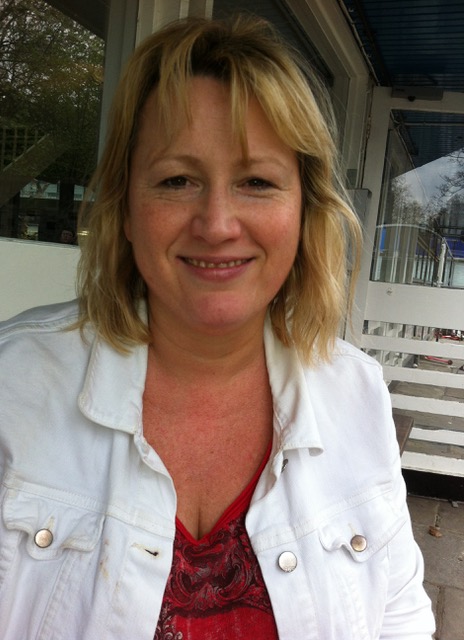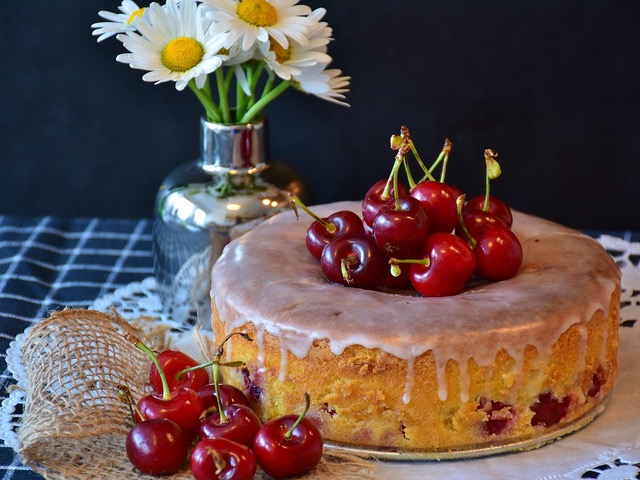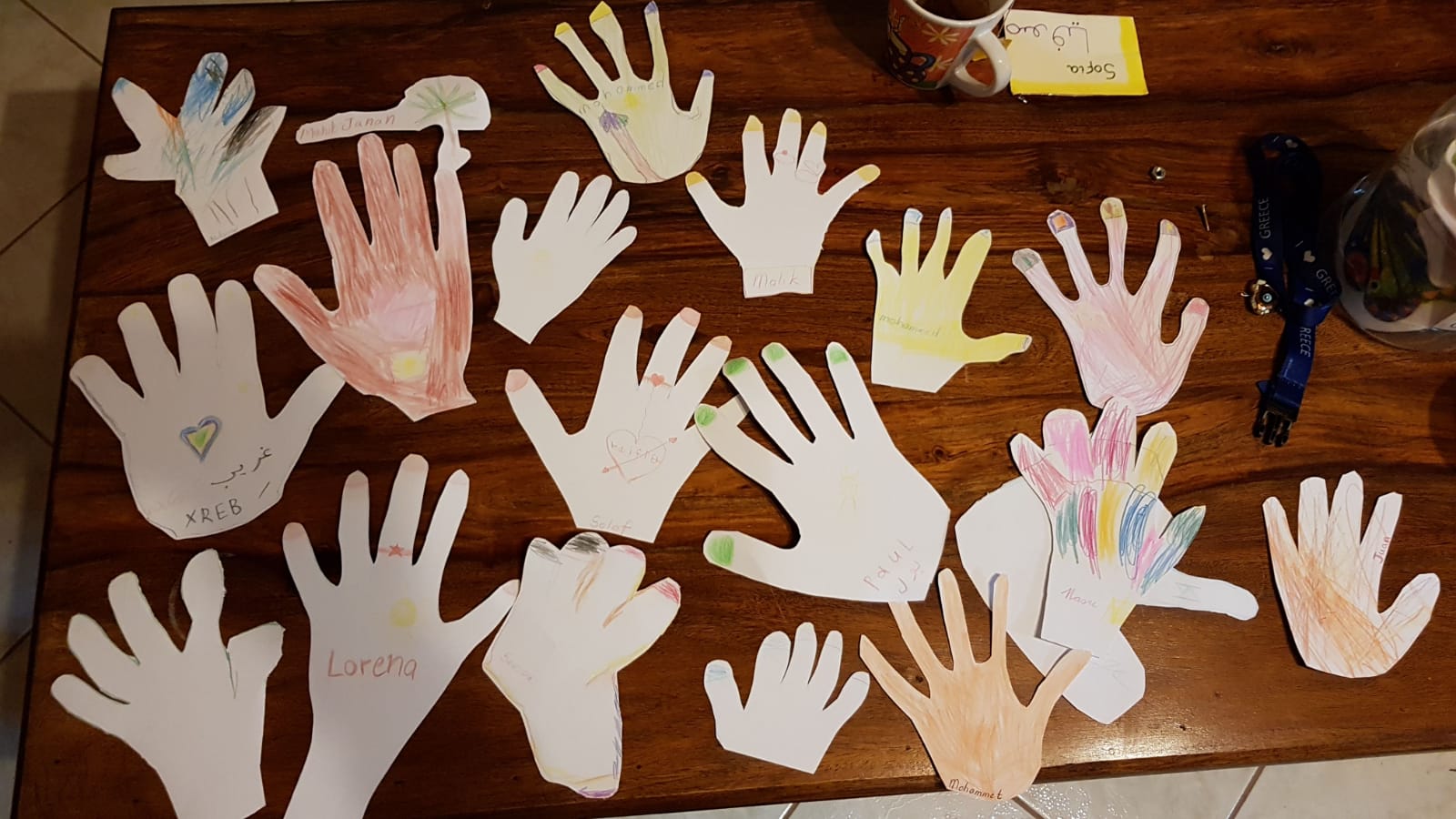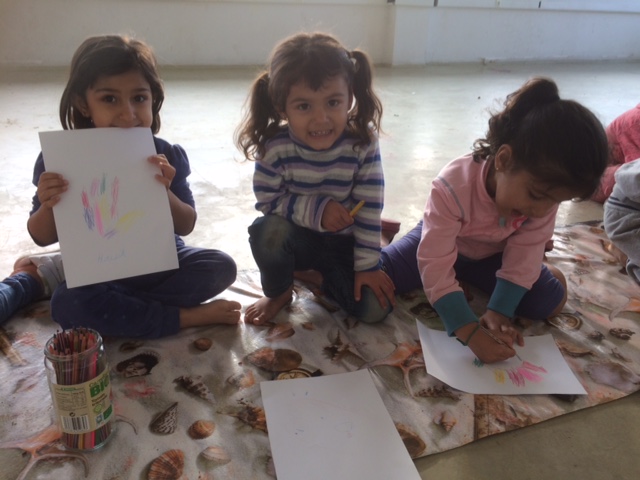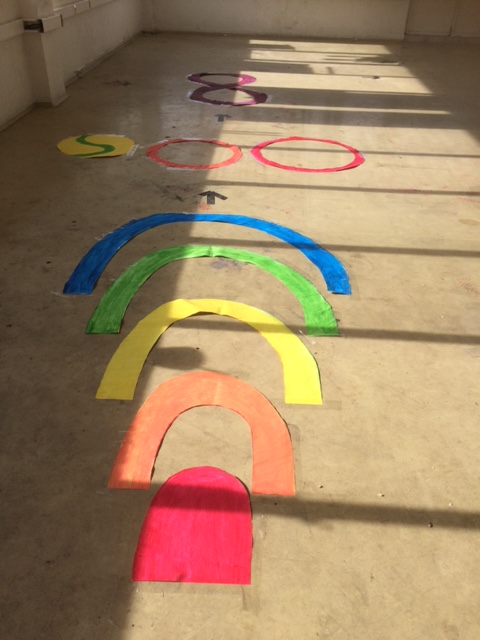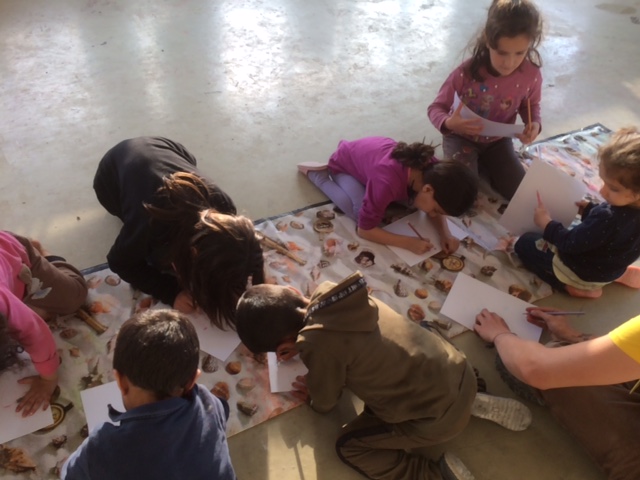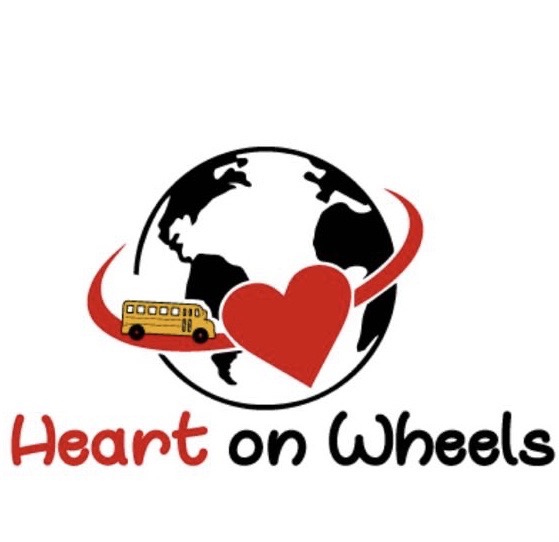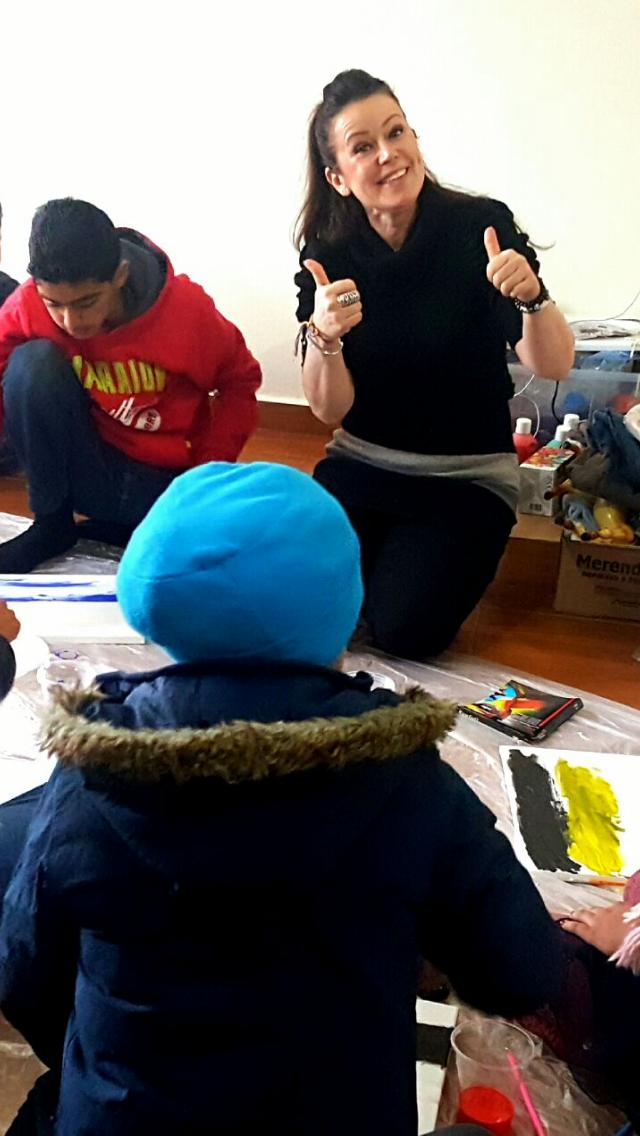“I don’t know how you do it!” is a refrain I hear often. The ‘it’ being – working which involves a lot of travel, taking care of home which involves cleaning, cooking, doing the chores while also parenting and trying to be a supportive partner, while keeping up with my exercise and friends, TV shows, movies, reading and writing. All of this is in no particular order as depending on the day and the need, the hierarchy gets moved around a fair bit.
Now, if I were to be honest, while I may look swan-like getting it all done, there is some furious paddling going on beneath the water, and often times tasks are either hurriedly done or left completely by the wayside. Neither of which are desirable outcomes. My story is no different to any other working mother, some of whom don’t even have the kind of super supportive husband that I do.
The month of June was meant to be the month I took off social media to focus on work and writing. I have done both, but life does have a funny old way of throwing a spanner in the works.
My daughter’s A levels are going on, and rather than being that nagging mother who is on her back 24/7 haranguing her to study, I thought, this would be the perfect month to work to my max, and stay out of her hair. After all, at this late stage, it’s better for her to have a relaxed state of mind to sit her exams. What I couldn’t possibly have foreseen is the ill health of my second daughter. An ear infection that has her screaming in agony, sleepless nights, an allergic reaction to the antibiotics, another rushed visit to the doctor’s, being given an unsigned prescription on a Friday evening making it near impossible to procure the medication, husband running from pillar to post and finally, miraculously, through some fortuitous messaging, getting a hold of the meds.
While the medicines do their work, I am at work again. This time, however, I find I have a short fuse, am completely exhausted and totally unable to string a coherent sentence together. Writing? Once again on the back burner.
Sometimes I despair that I’ll never become the sort of serious writer I aspire to be. The one who gets up each morning and in a very disciplined manner, trots out a couple of thousand words before serenely taking out the garbage and getting the rest of her chores done.
Me – I write when I can, where I can. Sometimes, not for weeks. And when I do, it’s not always the best quality. What hope is there for me?
My mother always said that I could be a bulldog about the things that I wanted. I really want… no, I really need to write. I guess its sheer tenacity that keeps me going. That, and a sense of catharsis and peace. Each time I sit down to write, I feel like I’m coming home. This is where I’m meant to be, this is what I’m meant to do.
So, in answer to the oft repeated question, how do I do it? I do it. Badly, haphazardly, intermittently. Still, I keep going. Tired and wrung out as I am, it’s the only way I know how to live. All those multiple balls in the air… some will fall, some will roll away, but I’ll keep juggling them till I have breath left in me.
Now, I’ll go take a nap.
